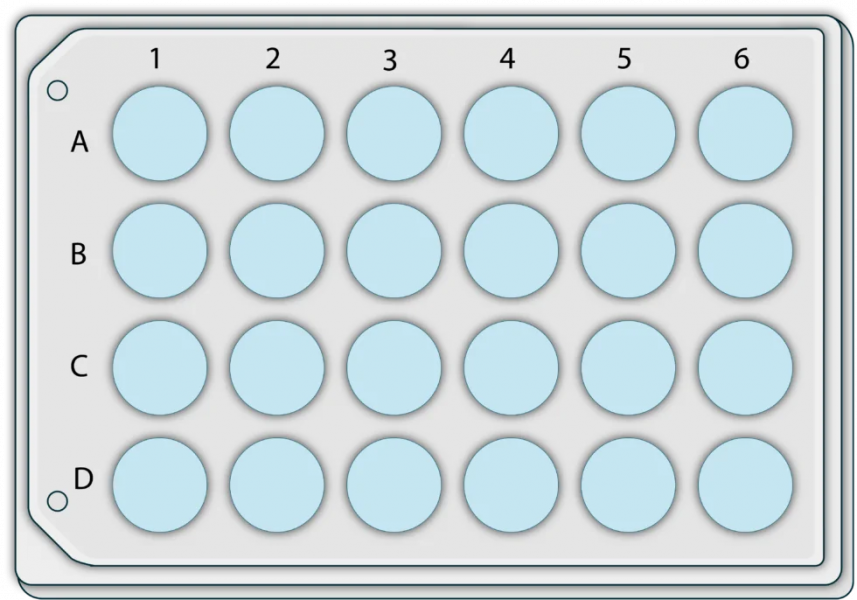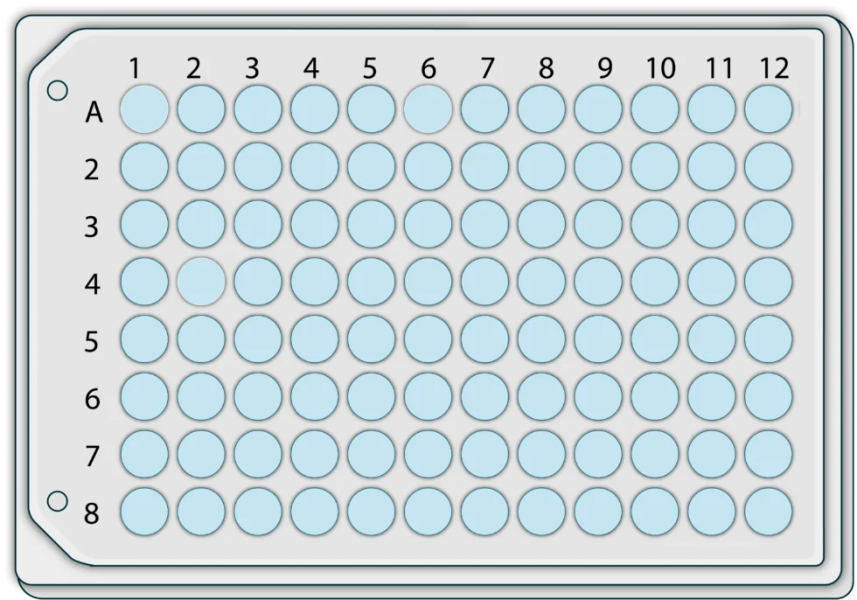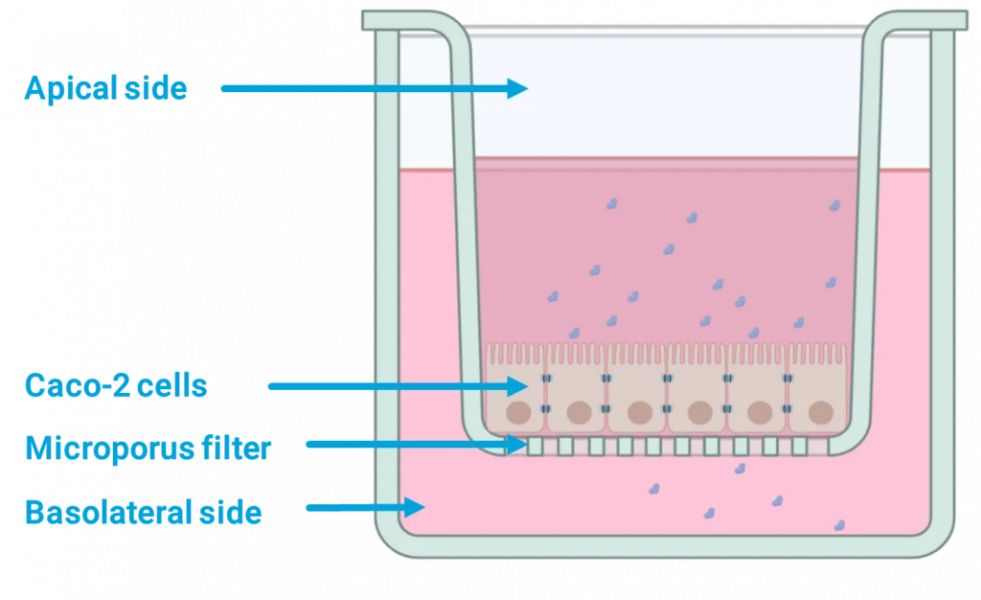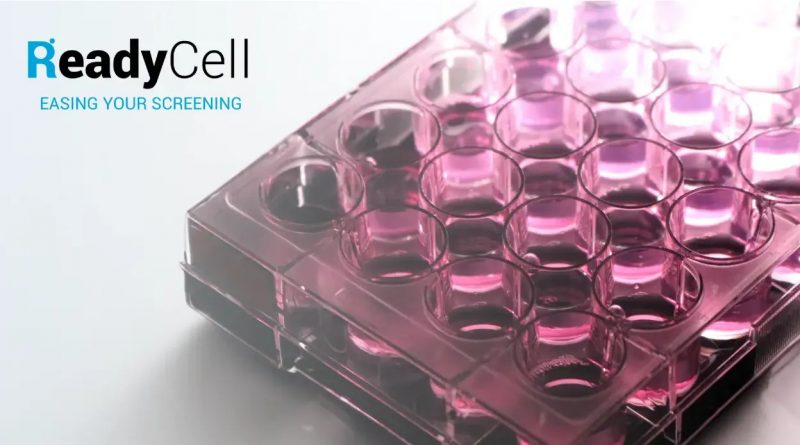Choosing the Right Well Plate Format for Your Research
Choosing the most appropriate well system format, whether it’s a transwell, non-transwell, or individual transwell, can drastically affect the outcome of experiments in preclinical research, and drug discovery.
It is critical to select the appropriate well plate when working with permeability, toxicity, drug screening, or other assays. Each format offers distinct advantages and functionalities that directly impact the reliability and relevance of research results. In this article, we will explore the various formats of ReadyCell’s products, their common applications, and how they can be adapted to meet specific research requirements.
24-Well Plate vs. 96-Well Plate Format
Researchers frequently have to determine how many wells per plate are required. While 24-well plates are versatile and appropriate for small to moderate-scale studies 96-well plates are the optimum choice for high-throughput applications.
24-Well Plates
These plates feature 24 wells, making them suitable for experiments on a moderate scale. The 24-well format is available in CacoReady, CacoGoblet, and PreadyPort.
This research tool is ideal for investigations with a moderate amount of samples and can be particularly helpful when resources are restricted. It is frequently utilised for initial screening across multiple experimental settings, making it a viable option for preliminary research.
96-Well Plates
The 96-well plate format is the best suited for high-throughput applications. This format is available in CacoReady, PreadyPort, and PreadyTake.
These tools are key for high-throughput screening and detailed assay procedures. The 96-Well Plates can effectively handle the concurrent assessment of multiple variables, making them an excellent pick for applications in drug discovery, compound screening, and comprehensive data collection.


Transwell, Single Transwell, or Without Transwell?
When considering the type of well, the initial decision lies in choosing between Transwell plates, plates with single transwell inserts, and plates without transwells. In this section, we will delve into these three distinct well formats and examine their implications for different research applications.
Transwell System
The integrated transwell format is highly recommended for conducting permeability assays due to its ability to mimic polarized cells, simulating the intestinal barrier. In this format, cells are seeded in a transwell configuration, mimicking the biological conditions of the intestinal barrier. This format is available in CacoReady and PreadyPort options.
The integrated transwell format offers versatility in conducting a range of assays, making it an ideal choice for various experiments. It is particularly suitable for permeability assays, drug transporter-interaction studies, and DDI assays, providing researchers with valuable insights into cellular responses. Additionally, this format is well-suited for cytotoxicity testing, especially in assays requiring stratification, and for investigating barrier function, such as in blood-brain barrier (BBB) models. In terms of manipulation, the wells in these plates are integrated on the same surface, facilitating simultaneous handling. To optimise efficiency and accuracy, the use of multipipettes is advantageous for this type of plate.
Plates with Single Transwell Inserts or Individual Transwells
These plates incorporate individual transwell inserts within each of the 24 wells. They are recommended for assays when an individual format is needed for a specific test requiring individual mobility for different times/conditions or measurements. This format is available in CacoReady 24 and CacoGoblet 24.
These tools offer versatility for conducting permeability assays under varying conditions and are valuable for performing individual cytotoxicity tests, especially in assays requiring stratification. They are well-suited for barrier function studies, including those involving blood-brain barrier (BBB) models, at different points in time. When it comes to manipulation, handling these plates with individual transwell inserts involves moving each well separately from the apical parts. It is important to note that the number of individual wells cannot be customised in this format; it will always consist of all 24 wells. For optimal efficiency, using single pipettes and multi-pipettes is recommended for this type of plate.

Plates Without Transwells
Plates without transwells are tailored for traditional cell culture methodologies. For measurements like protein expression or toxicity, the non-transwell format is the preferable option. Plates without transwells formats are available in CacoReady 24, CacoReady 96, and PreadyTake.
These plates excel in toxicity studies, particularly those involving colorimetry testing. Additionally, they serve as a cornerstone in standard cell culture and maintenance procedures. Plates without Transwells are an optimal choice for assays that do not necessitate the use of membrane inserts. In terms of manipulation, adjusting the well volume to accommodate different applications is straightforward. For enhanced efficiency and precision, employing multipipettes is also strongly recommended when working with this type of plate.
Maximising Research Efficacy through Informed Well Format Selection
Selecting the best-suited well format can be critical in constructing an optimal research strategy. Regardless of your research focus, whether it’s permeability evaluations, toxicity studies, drug screening, or a range of other assays, the choice of plate format plays a pivotal role in shaping your experimental outcomes. For instance, the selection of a transwell format facilitates the emulation of physiological barriers, enhancing the accuracy of permeability assessments. Similarly, opting for plates without transwells may be more suitable for conventional cell culture techniques, ensuring compatibility with diverse experimental requirements. Therefore, careful consideration of the plate format is essential to ensure the success and validity of your research endeavors across various disciplines.
ReadyCell’s experts can assist you in your selection and help expedite your research. Contact ReadyCell’s team via the Quick Contact form or at: reagents@readycell.com





